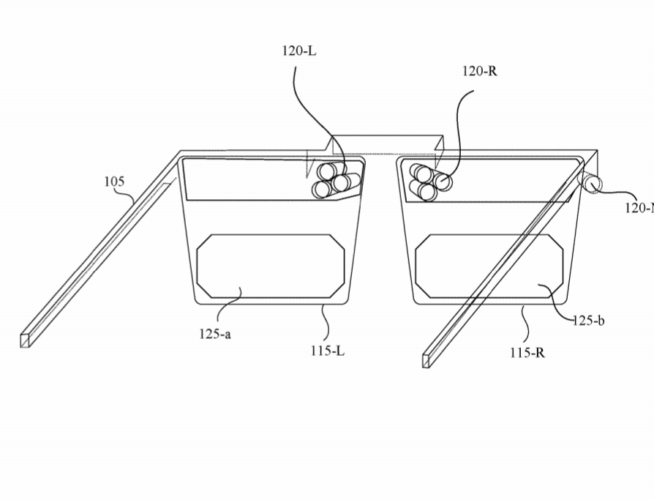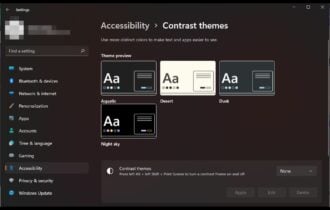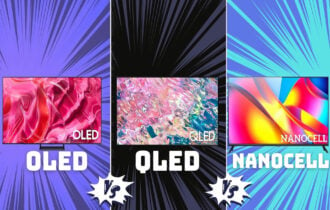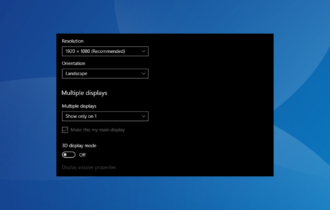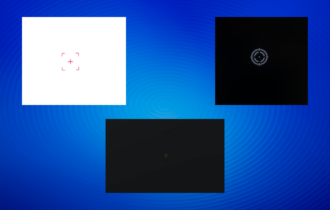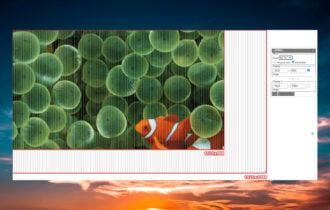Microsoft's next-gen smart glasses could be sleeker than ever
2 min. read
Published on
Read our disclosure page to find out how can you help Windows Report sustain the editorial team Read more
Key notes
- After the patent for the multilingual keyboard, Microsoft is aiming to reinvent the smart glasses with a new patent.
- The glasses reimagined by Microsoft incorporate MicroLED displays that will lead to a thinner, sleeker design.
- For other information on augmented reality, check our AR section.
- If you're interested in more stories about the software giant, explore our Microsoft Hub.
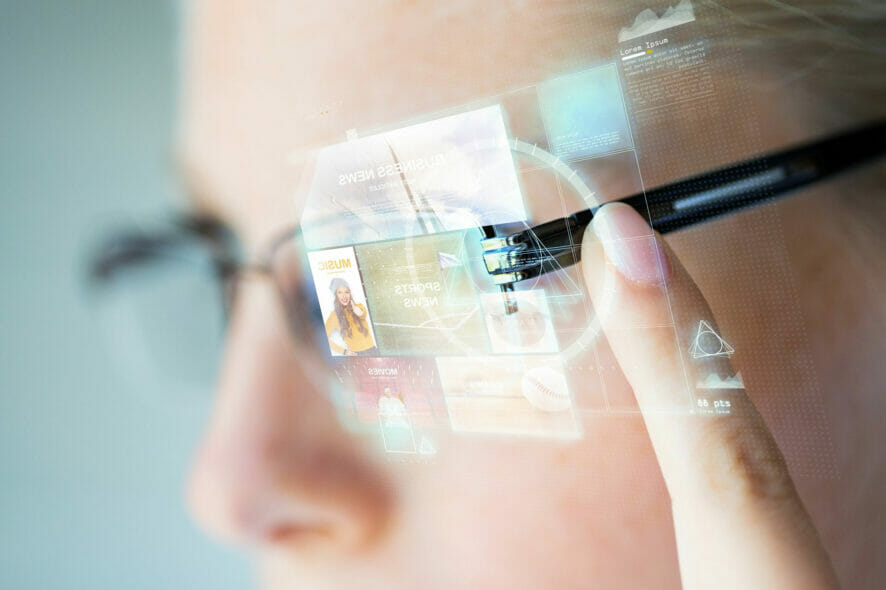
There’s no shortage of interesting ideas from Microsoft these days, just like the patent for the multilingual keyboard.
Now, looking a bit deeper, we found another gem, a Micro LED Display System patent published just a few days ago.
It’s obvious to say that the company will rely on their precious information from their HoloLens but the new ones promise to be a lot more thin and easy to wear.
What are the smart glasses that Microsoft is working on?
First of all, the biggest problem for HMDs today is the bulkiness that makes them harder to wear.
According to the patent, Microsoft tackles that by incorporating microLED projectors, three to be precise, that will form an image by combining the RGB images from each.
Microsoft details the description in the specifications section of the patent presentation:
Features of the present disclosure implement a MicroLED display system that incorporates a plurality of monochrome projectors (e.g., three MicroLED projectors) to generate three monochrome images (e.g., red, blue, and green images) that are separately input into a single waveguide of the HMD and combined to form an image that is displayed to the user.
By incorporating fewer elements, Microsoft is aiming for a much sleeker design than the classic HMDs.
Interestingly enough, the pair doesn’t include a camera, one of the features that led to privacy concerns in the case of the abandoned Google Glasses for instance.
The patent doesn’t describe any controls for the glasses although we can assume that it will be done through a wireless interface with your smartphone and computer.
Probably we won’t see Microsoft’s glasses any time soon but in the meantime, check our list with the best VR headsets for gaming.
What do you think about Microsoft’s project? What do you think about smart glasses? Let us know in the Comments section below
[wl_navigator]

